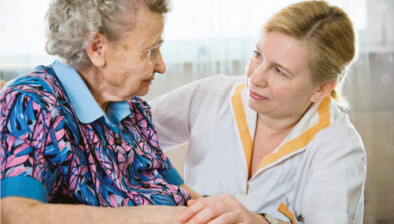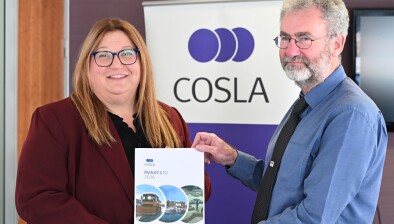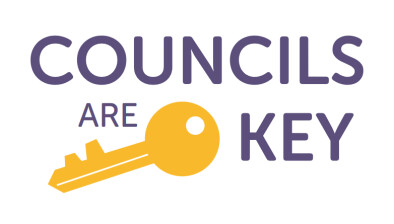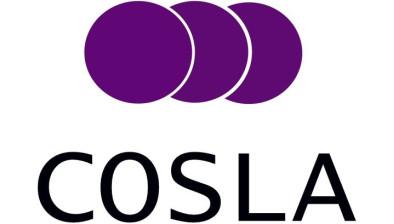COSLA calls for ‘holistic approach’ to fire safety
 The Convention of Scottish Local Authorities (COSLA) has highlighted a number of difficulties surrounding plans to install sprinklers into all social housing residences and instead called for a holistic approach to be taken to fire safety.
The Convention of Scottish Local Authorities (COSLA) has highlighted a number of difficulties surrounding plans to install sprinklers into all social housing residences and instead called for a holistic approach to be taken to fire safety.
A consultation on a potential private members bill from Highlands MSP David Stewart has just closed which proposes installing sprinklers in all new build social housing and also retrofitting sprinklers in existing high rise housing in the social sector.
In COSLA’s view, a more all-inclusive approach would maximise the preventative work undertaken to encourage safe behaviour, adequate fire/smoke alarm provision and all parties (landlords, tenants, owner’s occupiers and the emergency services) being prepared, in cases of emergency, to take the right actions at appropriate times.
In responding to the recent Scottish Government consultation on fire and smoke alarms in Scottish homes, Nicola Dickie, policy manager at COSLA’s Communities Team, asserted that risks of fire are present regardless of tenure type – recognising that while a combination of socioeconomic factors increase the risk of fire, these are not limited to a tenure type.
Nicola said: “We would therefore question whether proposals covering only social housing at new build or retrofitting for high-rise blocks would adequately address risks across Scotland. In our response to the fire and smoke alarms consultations we also highlighted difficulties that may arise around retrofitting of interlinked alarms in high-rise accommodation containing mixed tenure properties – given the challenges already faced in getting agreement in mixed tenure properties for other interventions this may well prove to be the case for any requirements to fit automatic fire suppression systems also.
“We would also highlight difficulties having certain type of requirements on social rented accommodation (either at new build or retrofitted for social high-rise) from those in owner occupier and private rented sector – this could add confusion across the piece and we suggest any proposed legislation would need to be accompanied with media campaigns to ensure everyone understands the differences between tenures and reasons for them, supported with relevant evidence.
“It is difficult to estimate the financial implications of the proposed bill at this stage, without sight of the actual provisions that would be included – the full implications and impact on social landlords who would be required to implement any new measures would need to be accurately assessed as details of the members Bill became clearer.
“That said, it is worth highlighting at this early stated that should social landlords be required to fund the installation of fire suppression systems from their own resources, this would be a significant undertaking in an already heavily stretched sector. Funding installations from existing social landlord resources could affect levels of compliance and would likely impact on tenant rent levels in the short/medium term.”
The consultation was launched before the Scottish Government confirmed plans to introduce legislation that will extend the existing high standard of protection from smoke and fire - currently required in private rented housing - to all homes across Scotland.
COSLA argued that since the practical, financial and legislative implications of this commitment are currently being determined, it is difficult to assess how this new requirement could impact on the contents of this consultation. The members bill would need to be assessed against this new requirement to confirm suitability and timings of any interventions, it added.
Nicola said: “In conclusion, we recognise that the need for robust fire safety measure in Scotland cannot be understated, however COSLA has and continues to support the ongoing work of the Ministerial Working Group on Building and Fire Safety.
“We note this consultation is being undertaken prior to any recommendations from the Ministerial Working Group having been made on the use of automatic fire suppressions systems in domestic buildings – to that end it may therefore be more beneficial to revisit the proposals contained within this consultation alongside any recommendations the group may go on to make based on evidence gathered and assessed by same.”
Image by Brandon Leon – Flickr: Day 25: Fire Sprinkler, CC BY-SA 2.0







